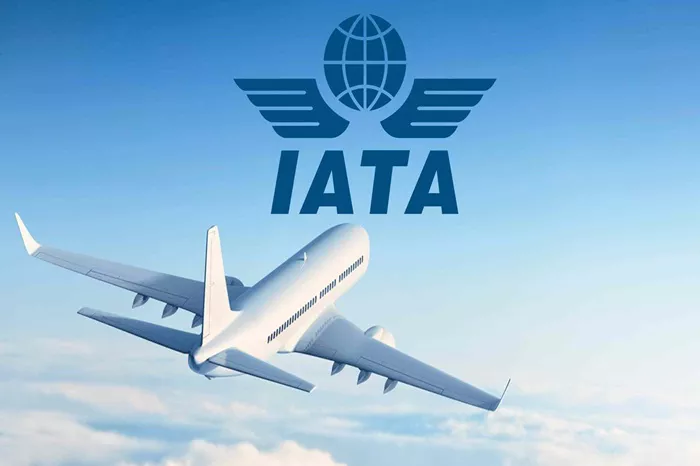The International Air Transport Association (IATA) has raised a serious concern about the future of air travel: limited airport capacity. According to a new IATA White Paper, the growing demand for air travel faces a significant obstacle in the form of inadequate airport infrastructure and the need for better slot management.
IATA stresses the importance of improving slot regulation to better utilize existing airport infrastructure. The organization warns that if immediate steps are not taken, economic growth and the freedom to travel could be significantly impacted.
Global Airport Capacity Shortages
Currently, nearly 400 airports around the world require slot coordination under IATA’s Worldwide Airport Slot Guidelines because they cannot fully meet the demand for air travel. Experts predict that this number will grow by 25% over the next decade if current trends continue.
This capacity shortage could disrupt the aviation industry’s recovery and future growth, experts warn.
Particular Concern in Europe
The issue is especially pressing in Europe. According to Airports Council International (ACI) Europe, airport infrastructure will be unable to meet up to 12% of the demand for air travel by 2050. Political barriers also make building new runways unlikely, which further weakens Europe’s already declining competitiveness in the aviation sector, as highlighted in the Draghi report.
Impact on Regional Airports and the Aviation Network
While major hub airports are struggling with capacity, regional airports are also facing difficulties accommodating rising passenger numbers. This capacity crunch creates a ripple effect across the entire aviation network, leading to delays, higher costs, and poorer service quality for passengers.
“While building new facilities is the ideal solution, political realities often make this impossible,” said Nick Careen, IATA’s Senior Vice President for Operations, Safety, and Security.

